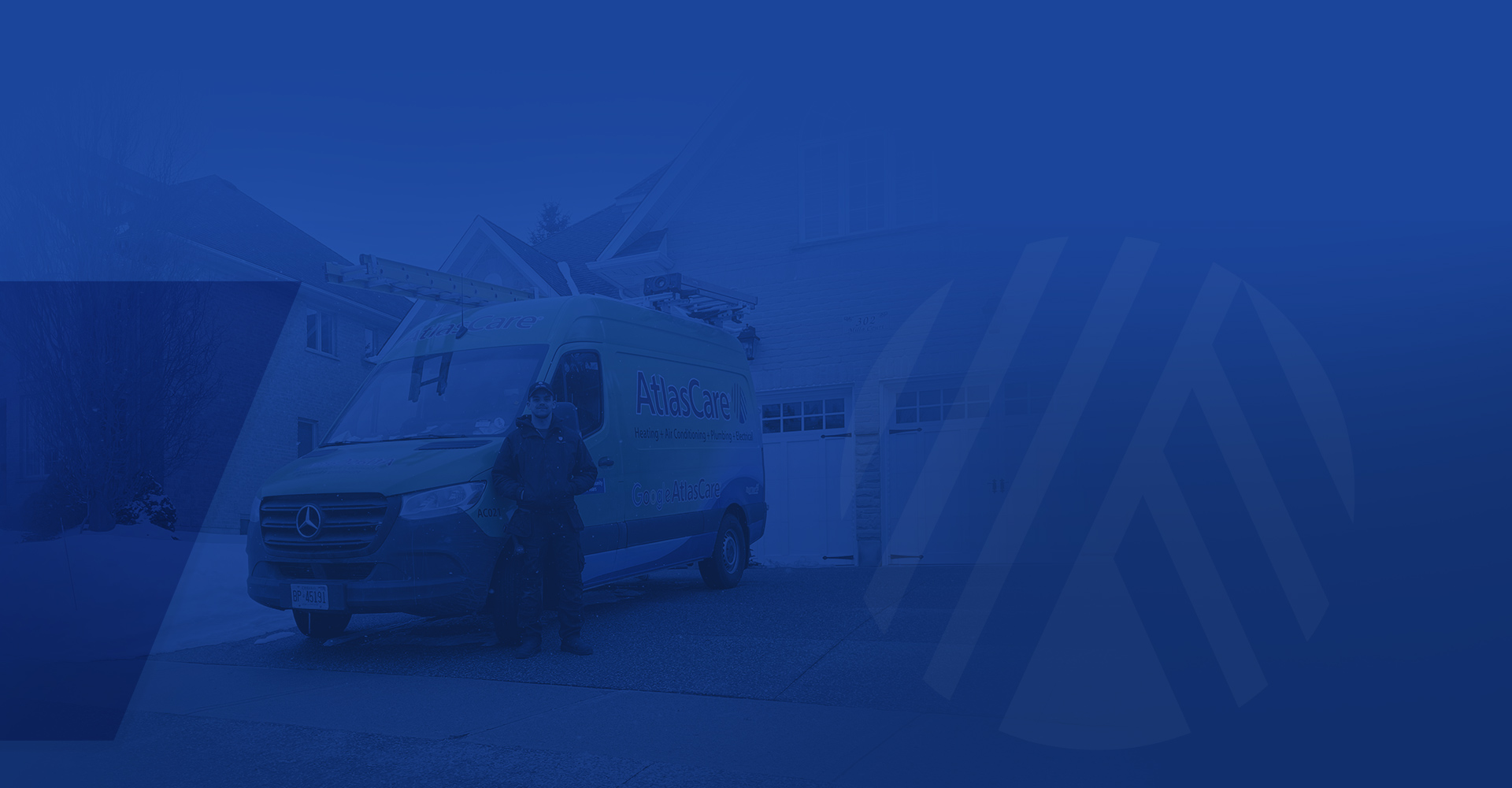Clean water is one of the easiest things to take for granted. Without it, there’d be no flushing the toilet, no showering or bathing, no clean dishes or clothes…not to mention no water to drink! We depend on water in almost every aspect of our lives, and that’s why it’s so important to be sure the water in your home is clean and filtered of any contaminants. As a homeowner, turning to water filtration systems is one of the best ways to improve your water quality. At AtlasCare, we know choosing a water filtration system for your household can be a big decision, after all, your entire family depends on it. Follow our tips on how to choose the best water filtration system for your home!
Know Your Water Supply
Do you have good water quality? They say you will know it when you see it, but that’s not always the case as some water contaminants can go undetected. Many different types of compounds and substances can find their way into your water supply through various places, ranging from the water source to treatment plants and your home’s plumbing system. Typically there are four main types of contaminants found in water; physical, chemical, biological and radiological.
Physical contaminants can be seen in your water and include things like soil, rock or sediment, while chemical pollutants are harder to spot, including substances such as pesticides, metal or bleach. Biological contaminants refer to living organisms in your water supply, such as microbes, and radiological contaminants refer to chemicals that emit radiation into your water.
It’s important to note that the presence of contaminants in your water is not always an issue. Many contaminants are harmless at low levels, and could even be beneficial. However, in some cases, contaminated water can lead to serious health problems especially when the levels present in your water are too high. That’s why one of the most important things to consider when choosing a water filtration system is where your water comes from, so you can identify toxins that need to be removed.
Understanding if your tap water is safe to drink and the types of contaminants present will help you decide on the kind of water filter needed in your home. Try a home water test or look for a quality report from your local municipality to identify what’s in your water.
Choosing the Best Water Filtration System for Your Family
By installing a water filtration system in your home, you can be sure your family always has access to clean water. There are several ways to filter water before it comes out of your tap. While no single water filtration method can filter out all possible contaminants, some systems incorporate two or more methods at once to achieve better results. If you’re only worried about filtering one specific contaminant, you might find that one method is all you need. The three most popular water filtration systems are carbon filters, reverse osmosis systems and water softeners. Each water purification system offers benefits to homeowners in removing harmful contaminants from their household water.
1. Carbon Water Filtration
Removes: VOCs, radon, pesticides, lead, mercury, chlorine
Carbon water filters can be installed on a tap, under a sink, or on the main water line for whole-house water filtration. They use a three-stage water filtration process that removes chlorine, sediment and other contaminants from unpleasant tasting and smelling water, in addition to potentially hazardous substances like VOCs, pesticides, lead and mercury.
2. Reverse Osmosis
Removes: Microorganisms, fibres, metals, minerals, asbestos, nitrates
Reverse osmosis filters water through a fine membrane at high pressure. A reverse osmosis filter system can be installed on a tap or under the sink. Although it takes longer than carbon filtration, it removes almost every type of contaminant at once. However, it must be noted that reverse osmosis also removes minerals – including beneficial ones.
3. Water Softener System
Removes: Hard minerals including calcium and magnesium
Water softeners reduce the amount of hard minerals in your water without adding chlorine or other harsh chemicals. If you’ve noticed your glassware comes out of the dishwasher covered in streaks or your laundry comes out of the washer stiff and scratchy, you may have hard tap water. Water softeners elevate hard water in your home by pulling unwanted hard minerals out of the water and trading them for sodium. Softened water doesn’t usually taste different than hard water, but it’s far better at dissolving dirt and grime. Learn why you should never let your water softener run out of salt.
With our tips, you are now equipped to choose the best water filtration system for your home! For more information about your water quality or installing a filtration system, give us a call or reach out to us online! At AtlasCare, we work with only the best of the best to help bring quality water into your home every single day.
Our field staff follow strict COVID-19 protocols based on the direction of the CDC, so you can rest assured that your family and our team remain safe at all times!






